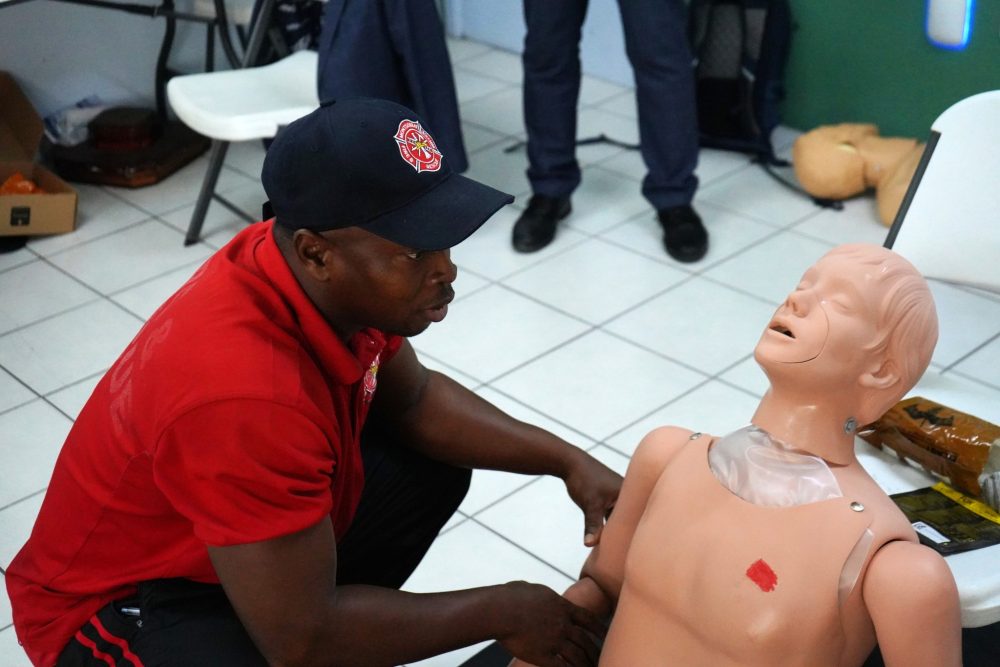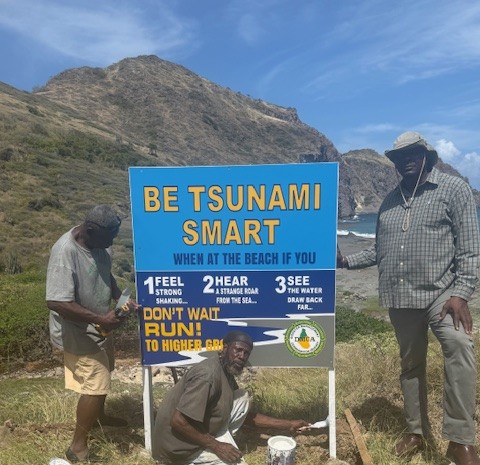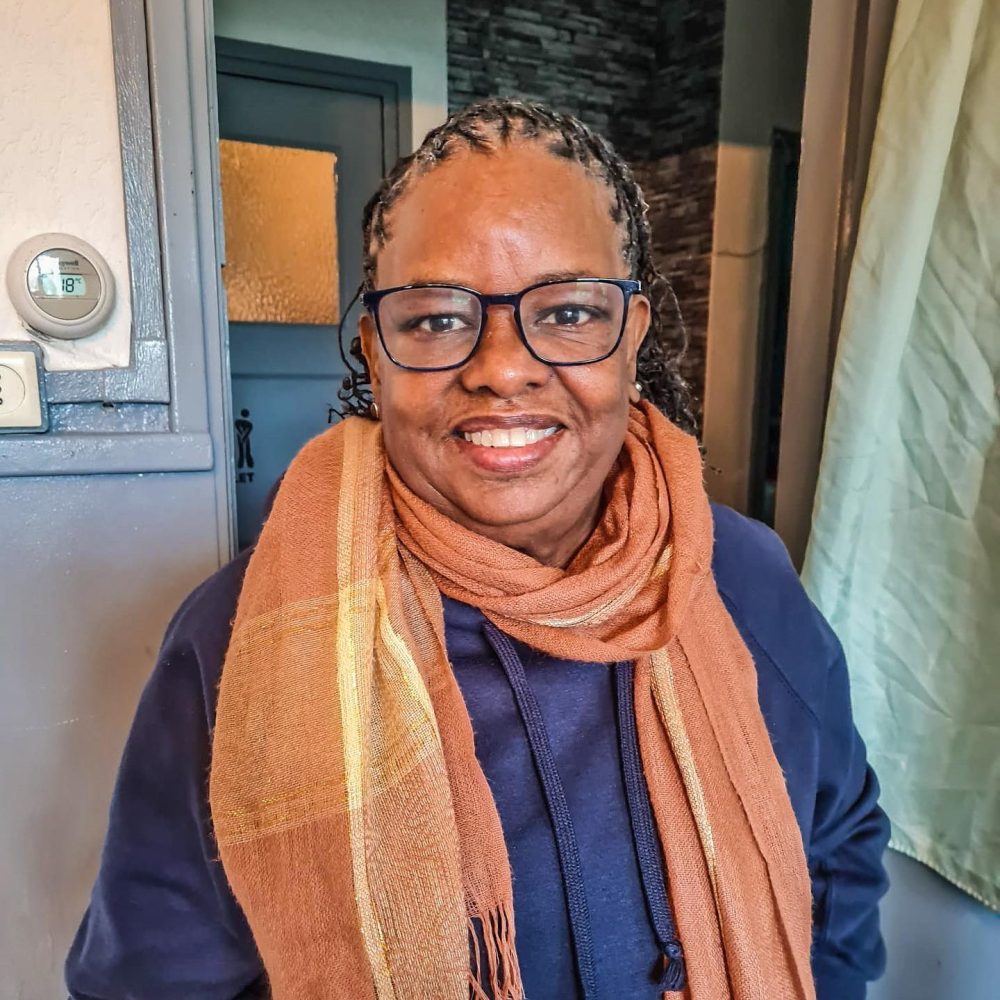The Ministry of Health and Social Services has provided responses to some of the frequently asked questions about the COVID-19 test and process on Montserrat.
1. How is the COVID-19 Test conducted?
The test conducted to confirm COVID-19 is called reverse transcription polymerase chain reaction https://en.wikipedia.org/wiki/Reverse_transcription_polymerase_chain_reaction (rRT-PCR). The test detects a gene specific to SARS CoV2 (the coronavirus that causes COVID-19 disease). It is a very sensitive test that can detect as little as one virus particle in a respiratory sample.
To collect the respiratory sample the doctor will take a swab from the back nasal cavity, deep in the nose and from the back of the throat.
The procedure is quick and you should not feel any pain, but you are likely to experience discomfort.
Once the sample is collected, the swab is packaged, appropriately labeled and sent to the laboratory for testing.
2. Where are samples sent for testing?
Caribbean Reference Lab, CARPHA Trinidad is the regional, accredited laboratory designated for testing samples from Montserrat.
3. Who should be tested?
Not everyone needs to be tested for COVID-19. Here is some information that might help you in understanding the suitability for testing:
Most people have mild illness and are able to recover at home.
There is no treatment specifically approved for this virus. No vaccine or specific treatment for COVID-19 has been approved yet for this disease; care is supportive. In other words, medication is given for the symptoms, for example if some has a headache and fever -paracetamol will be given/recommended.
Testing results may be helpful to inform decision-making about who was in contact with someone who has tested positive for COVID-19.
The primary objectives of surveillance testing are to:
1) Detect confirmed cases/clusters of COVID-19 infection, and any evidence of amplified or sustained human-to-human transmission;
2) Determine risk factors and the geographic risk area(s) for infection with the virus.
4. What is the Protocol for COVID-19 testing on Montserrat?
A doctor will determine on an individual basis, if testing for COVID-19 is necessary. The doctor will consider your risk of exposure, and signs and symptoms.
● Persons identified as high risk and showing signs of infection are likely to be tested. Some persons showing no signs and symptoms may also be tested, if the doctor determines their risk of exposure to be high. High risk persons are those known to have come into contact with the virus either through contact with an infected individual, or who has travelled from a country with a high rate of COVID-19 infection.
● Persons who are exhibiting clear signs of infection but identified as low risk may also be tested. Sometimes a persons’ contact with the virus cannot be determined, however if they are showing signs and symptoms they are likely to be tested.
Testing also depends on the availability of tests. Globally test kits are in short supply; doctors are therefore cautioned to avoid unnecessary testing.
Please also note that laboratories reserve the right to not test a sample sent to them, if they determine that the sample does not meet the case definition (criteria) for testing.
5. If someone is symptomatic but is not considered to be in a vulnerable category, will they still be tested and quarantined?
All persons thought to be exposed to the virus will be quarantined whether or not they are showing symptoms.
Remember only a doctor can determine if a test is to be conducted. In some cases, a person may be symptomatic and not receive a test because a probable diagnosis can be made without testing. For example, a husband and wife sharing a living space; if one spouse has tested positive for COVID- 19 and the other begins to exhibit the same symptoms, the doctor may choose to forego testing and make a probable diagnosis for COVID-19. Even though the diagnosis is not laboratory confirmed the spouse will receive the exact medical care and treatment and the quarantine rules will apply.
6.How long will it take to get my results?
Depending on demand on the laboratory, testing time can range from as little as 48hrs, or up to 7 days. The Ministry of Health and Social Services (MoHSS)is working with technical partners to try to increase the island’s capability and capacity for rapidly testing for COVID-19.
7. If borders close, how will the Ministry of Health and Social Services carry out these tests?
Since border closures, samples are sent to the laboratory via Regional Security System (R.S.S). The R.S.S was established in the 1980s to safeguard Caribbean member states from threats to national security and to provide assistance in times of crisis and emergency.
8. How much does testing cost?
At present there is zero cost to persons who may need testing if suspected to have COVID-19. The MoHSS will conduct the tests at no charge for all residents who require testing.
Discover more from Discover Montserrat
Subscribe to get the latest posts sent to your email.



